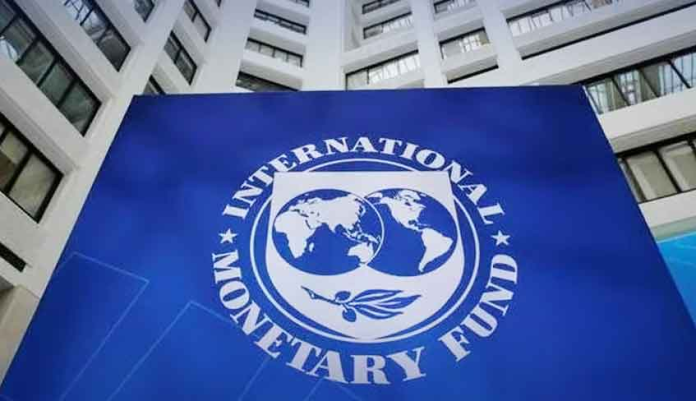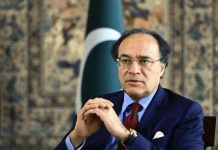ISLAMABAD, SEP 26 (DNA) : The International Monetary Fund (IMF) has clarified that it is unaware of Pakistan securing any commercial financing at an 11% interest rate.
In a statement issued on Thursday, an IMF spokesperson stated that the global lender has not requested Pakistan to pursue such high-interest commercial loans.
The spokesperson further noted that no such financing is necessary to meet the program assurances under Pakistan’s current agreement with the IMF.
Prior to the Executive Board of the International Monetary Fund (IMF) approving the critical $7 billion loan package for Pakistan, it had been reported that the country borrowed from international commercial banks at an interest rate of 11% — one of the highest rates in the country’s history.
This new bailout program, spanning 37 months, marks Pakistan’s 24th IMF assistance package. With its approval, Pakistan will also be eligible to receive funds from other international organizations and countries.
The approval of the loan follows a staff-level agreement reached between Pakistan and the IMF on July 12. Pakistani officials have confirmed that all preconditions for the loan, including securing $2 billion in additional financing and consolidating $12.7 billion in debt, have been fulfilled.
China, Saudi Arabia, the UAE, and Kuwait have also provided crucial support by deferring Pakistan’s loan payments for one year.
On Wednesday night, the IMF Executive Board approved a $7 billion loan for Pakistan under the Expanded Fund Facility (EFF), and immediately released nearly $1 billion to help Pakistan address its economic challenges and restore macroeconomic stability.
In a statement announcing the new loan program, the IMF noted that Pakistan’s economic growth rate has reached a modest 2.4% in the last fiscal year, and inflation fallen significantly to single digits.
This improvement was largely driven by activities in the agricultural sector and the implementation of adequate fiscal and monetary policies, which helped keep the country’s current account deficit under control. This allowed the foreign exchange reserves to improve again, while the decline in inflation reflects an improvement in the internal and external conditions.

















